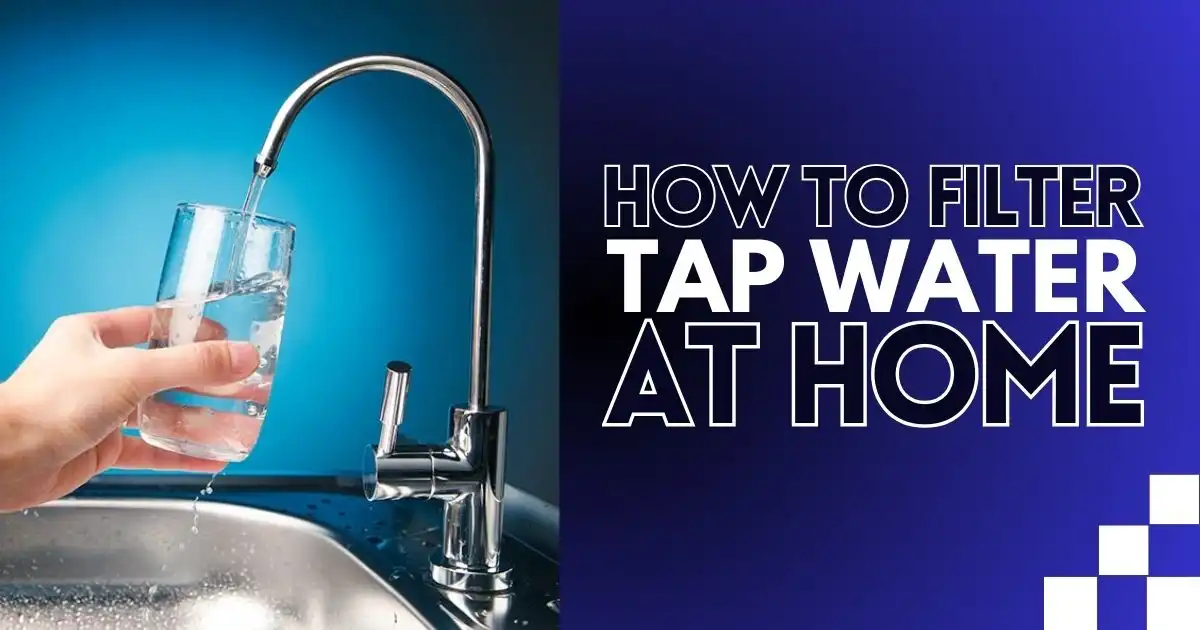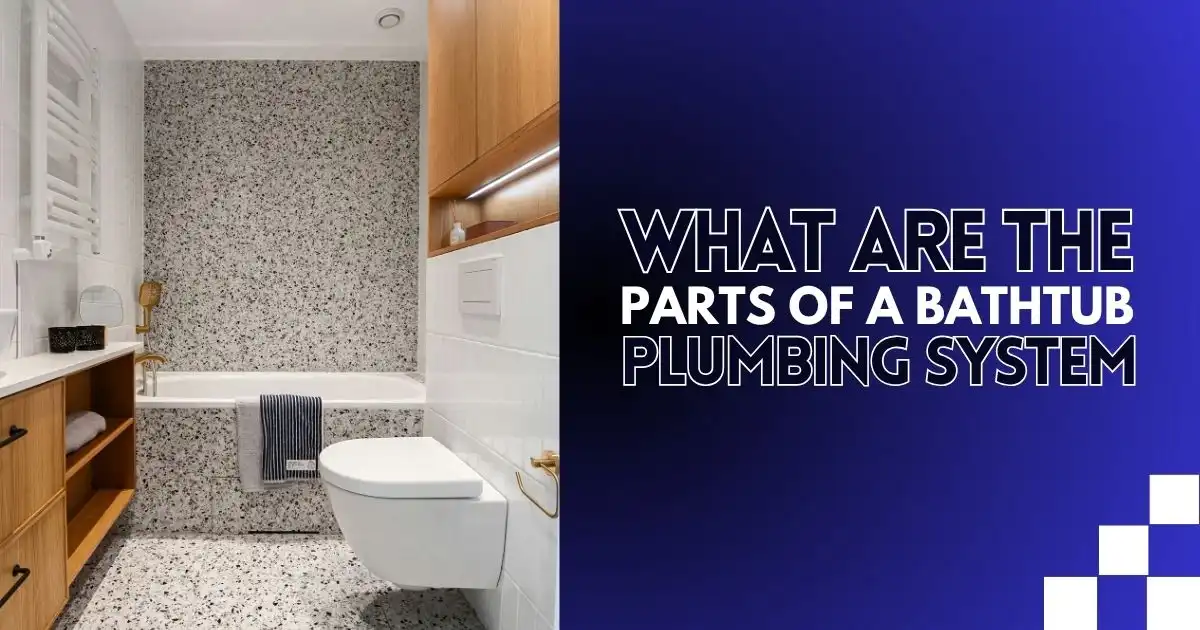You pour a glass of water and notice it looks milky or cloudy—the kind of sight that makes you pause. Without warning, your everyday tap water feels uncertain. What was once a normal routine now raises concerns about what might be in your plumbing. That moment of doubt can be frustrating, especially when water should be worry-free.
Many homeowners face the same problem: cloudy water with no clear answer. It’s not always easy to tell if it’s a minor issue or a sign of something bigger, like pipe corrosion or contaminants. You might not know when it’s okay to wait or when you should call a plumber. That’s where clear, simple advice can help.
6 Common Causes of Cloudy Tap Water
Cloudy tap water can happen for several reasons, and knowing the cause helps you decide what to do next. In some cases, it’s completely safe and clears up on its own. Other times, it points to plumbing issues or water quality problems. Knowing the difference can help you avoid risks and take the right action.

1. Sediment
Tap water is cloudy white when sediment like dirt, sand, or rust enters your water. These particles typically come from corroded pipes, an aging water heater, or debris in the plumbing system. If you’re wondering why is my water cloudy, sediment may be the cause, signaling potential issues within your pipes.
A basic water filter can remove most sediment, but cloudy tap water caused with corrosion or buildup might require professional repair. A plumber will inspect your system, identify the root cause, and fix the problem to ensure your plumbing stays in top shape and your water stays clean and safe to drink.
2. Air Bubbles
Air bubbles in cloudy tap water often result from pressure changes in your plumbing system, caused in valves, bends, filters, or even shifts in outdoor temperatures. As pressure drops at the faucet, these bubbles become visible, creating a cloudy, carbonated effect. Why is my tap water cloudy can often be attributed to this harmless cause.
While the air-filled water is generally safe to drink, it can cause wear on your appliances over time. If you’re wondering how to fix cloudy tap water caused because of air, simply let it sit for a few minutes. However, calling a plumber is wise to inspect the source of pressure changes and prevent future problems.
3. Hard Water
Cloudy faucet water may indicate hard water, which contains high amounts of minerals like calcium and magnesium. These minerals aren’t harmful to drink, but they can cause stains, scale buildup on fixtures, and leave your skin and hair feeling dry. If your sink water is cloudy, hard water could be the culprit.
Installing a water softener is the most effective solution to fix cloudy tap water caused through hard water. The softener reduces the mineral content, eliminating the cloudiness and protecting your plumbing. If you already have a water softener but still notice cloudy water, it might need repair or maintenance to function properly.

4. Methane Gas
In rare cases, homeowners with well water may find their tap water is cloudy white due to methane gas. While methane is naturally occurring, it can be hazardous to health if present in your water. If you’re wondering why is my tap water cloudy, methane gas could be the cause, requiring immediate attention.
If you suspect methane in your well water, professional testing and inspection are essential to confirm its presence. A water test will determine the best solution, such as installing an aeration system or other treatments. This ensures that your cloudy tap water is safe to drink and free of harmful contaminants.
5. High Water Pressure
High water pressure can lead to cloudy faucet water due to the formation of tiny bubbles. As water moves through pipes under pressure, these bubbles cause a carbonated effect that makes the water appear cloudy. If you’re wondering how to fix cloudy tap water from this issue, reducing pressure could help.
To fix cloudy tap water caused through high pressure, installing an aerator is a practical solution. This simple device reduces both water pressure and energy consumption, preventing bubble formation and clearing up the water. If your water is still cloudy after this fix, you may need to call a plumber for further assistance.
6. Cold Weather
Cold temperatures often cause cloudy tap water because colder water holds more air. When water moves from an icy reservoir to your tap and warms up, some of the air becomes unsolvable and escapes, creating a cloudy appearance. If you’re wondering why is my water cloudy, this is a common reason, especially in winter.
If your cloudy faucet water is caused due to cold weather, there’s no need to worry. This is a natural occurrence, and the water is completely safe to drink. As temperatures rise, the cloudiness will gradually disappear. If you experience this in the colder months, simply wait for warmer weather, and the issue will resolve itself without any need for intervention or concern.
How to Fix Cloudy Tap Water?

If your tap water looks cloudy, you’re probably wondering what’s causing it—and how to fix it fast. While some causes are harmless, others may point to plumbing problems or water quality concerns. Taking the right steps can clear things up quickly and keep your water safe, clean, and ready for everyday use at home.
- Let the Water Sit
If your tap water is cloudy white, trapped air is likely the cause. Letting the water sit in a glass allows the bubbles to rise and dissipate. This explains why your tap water is cloudy then clear, and it’s generally safe to drink. - Flush the System
When cloudy faucet water lingers, flushing your plumbing system may help. Run cold water for several minutes to clear trapped air or sediment. If sink water is cloudy beyond this point, consider calling a plumber to check for internal pipe issues. - Install a Water Softener
Hard water can make your cloudy tap water appear hazy. A water softener removes excess minerals that cloud water. This not only fixes the problem but helps answer why is my water cloudy after showers or when doing dishes. - Use a Faucet Aerator
High water pressure can introduce air into your system, causing tap water to appear cloudy white. A faucet aerator reduces pressure and filters air bubbles. This simple device is a quick solution for how to fix cloudy tap water due to pressure-related issues. - Test for Contaminants
If you’re still asking, “is cloudy sink water safe?”, get a water quality test. It checks for sediment, bacteria, or chemicals that may be the real cause of cloudy tap water. This step is important when other solutions don’t resolve the issue.
Clear Water Starts with Expert Plumbing
Cloudy tap water can stem from various causes, with trapped air being the most common. Even though it may seem harmless, it can still damage appliances over time. If the cause isn’t clear, calling a plumber is important. They’ll identify the issue and provide the right solution to protect your water quality and plumbing system.
Facing cloudy water or plumbing troubles? Contact us at Vegas Plumbing Pros for a hassle-free solution! We specialize in water filtration systems, plumbing inspections, and repairs. Our professionals will ensure your home’s water is clean, safe, and your plumbing is in top shape. Reach us today for reliable, expert service!
FAQS
Is it safe to drink cloudy tap water?
If you’re asking, “Is cloudy sink water safe?”It’s often harmless, typically caused of trapped air. If the water clears up after sitting for a minute, it’s likely not dangerous. However, to ensure safety, it’s essential to determine the exact cause of cloudy tap water and confirm it’s not due to contamination.
Why is my water cloudy all of a sudden?
When your tap water is cloudy white, it may indicate a change in your plumbing or water supply. Why is my tap water cloudy then clear is often due to trapped air, which usually resolves on its own. However, if the issue persists, it’s best to contact a plumber. A professional can inspect and address the problem effectively.
How do I stop my tap water from being cloudy?
If you’re wondering “how to fix cloudy tap water”, start with running the tap closest to the internal stop tap. This helps flush out trapped air or sediment from your pipes. Letting the water flow gently can improve clarity without wasting too much water, offering a simple way to reduce cloudy faucet water.
How Do You Get Cloudiness Out of Water?
To clear up cloudy tap water, use a flocculant or clarifier, which binds particles causing cloudiness. The particles remain suspended, making them easier to filter out. If you’re dealing with a persistent issue like sink water is cloudy, it’s important to regularly backwash your filter to maintain its effectiveness and ensure clearer water.



